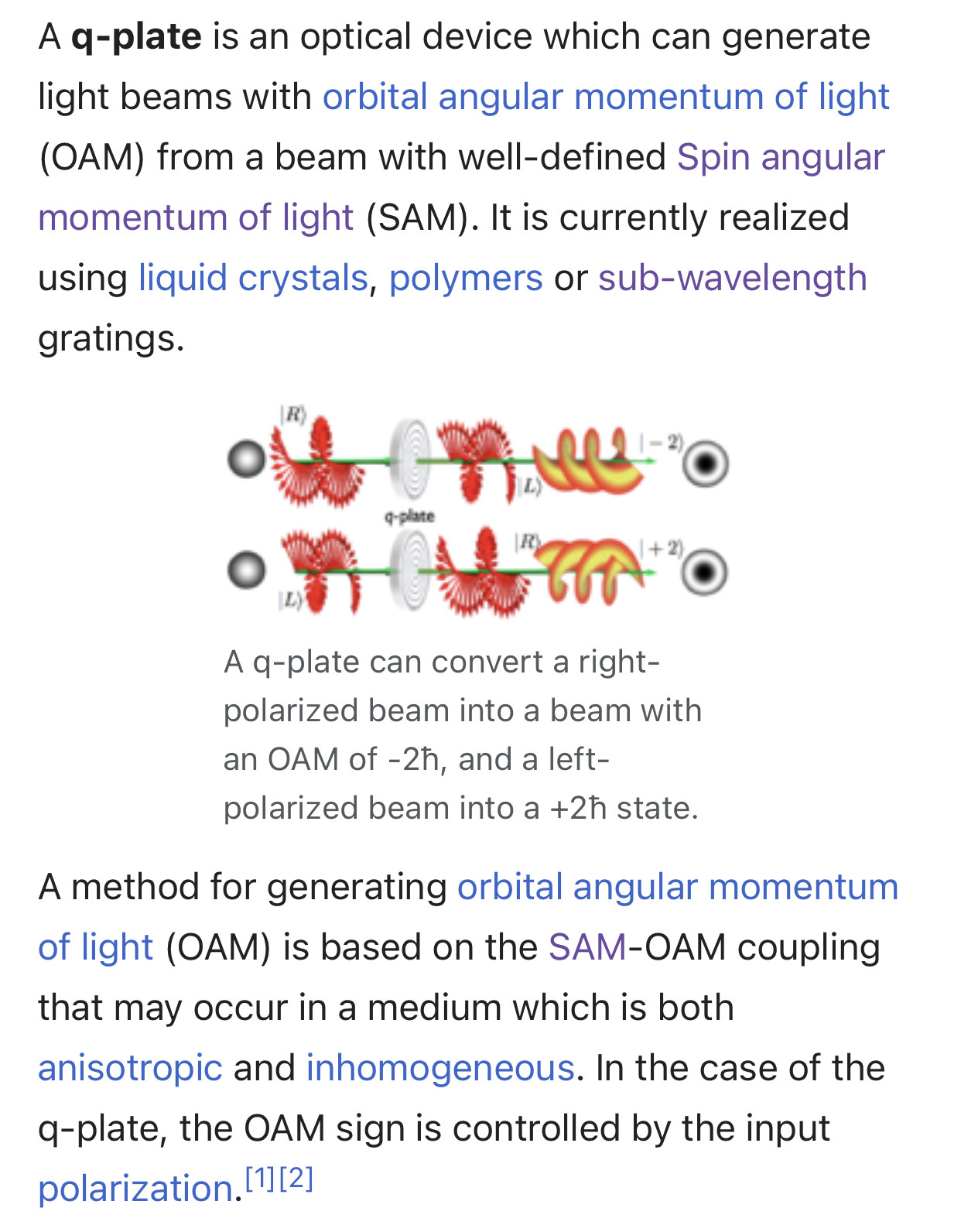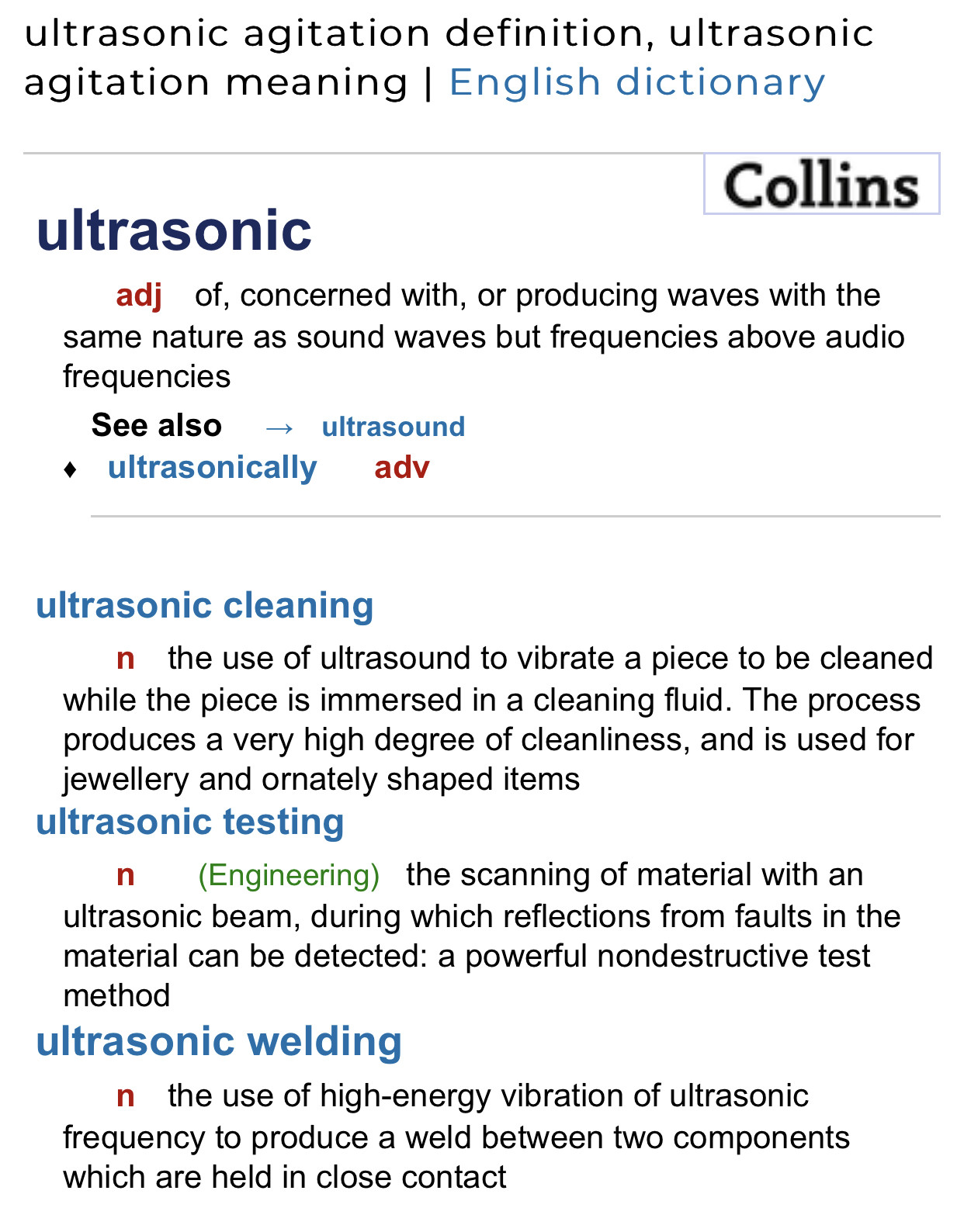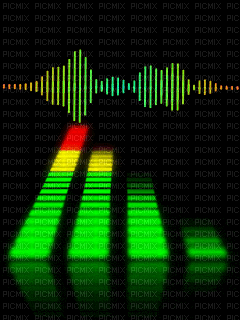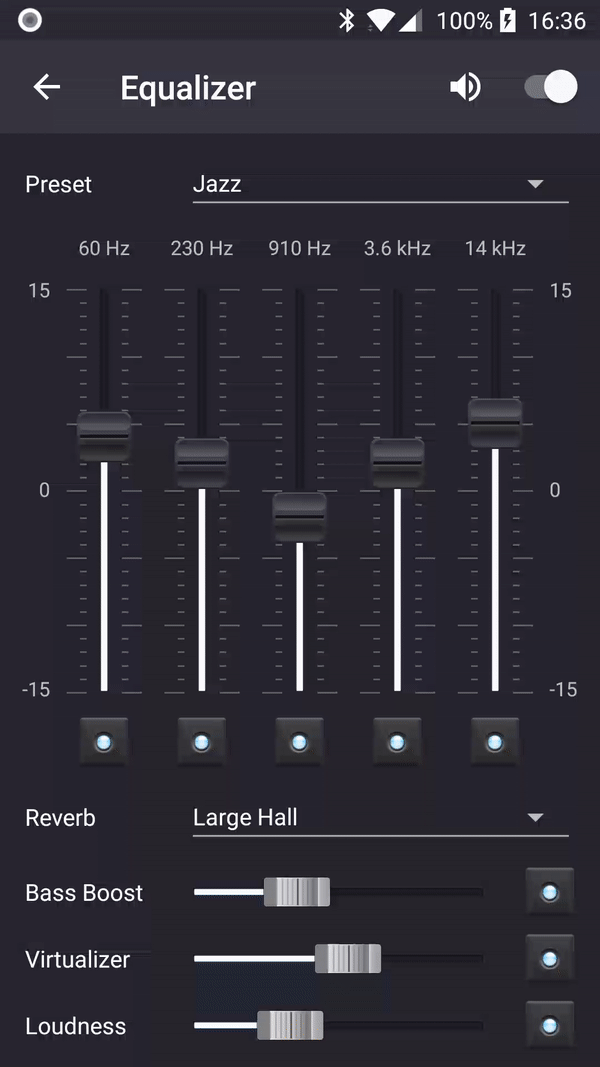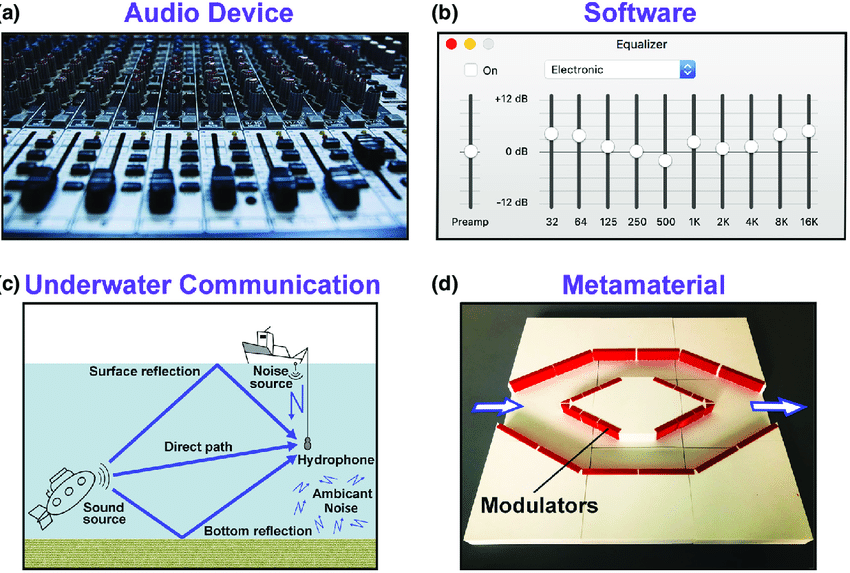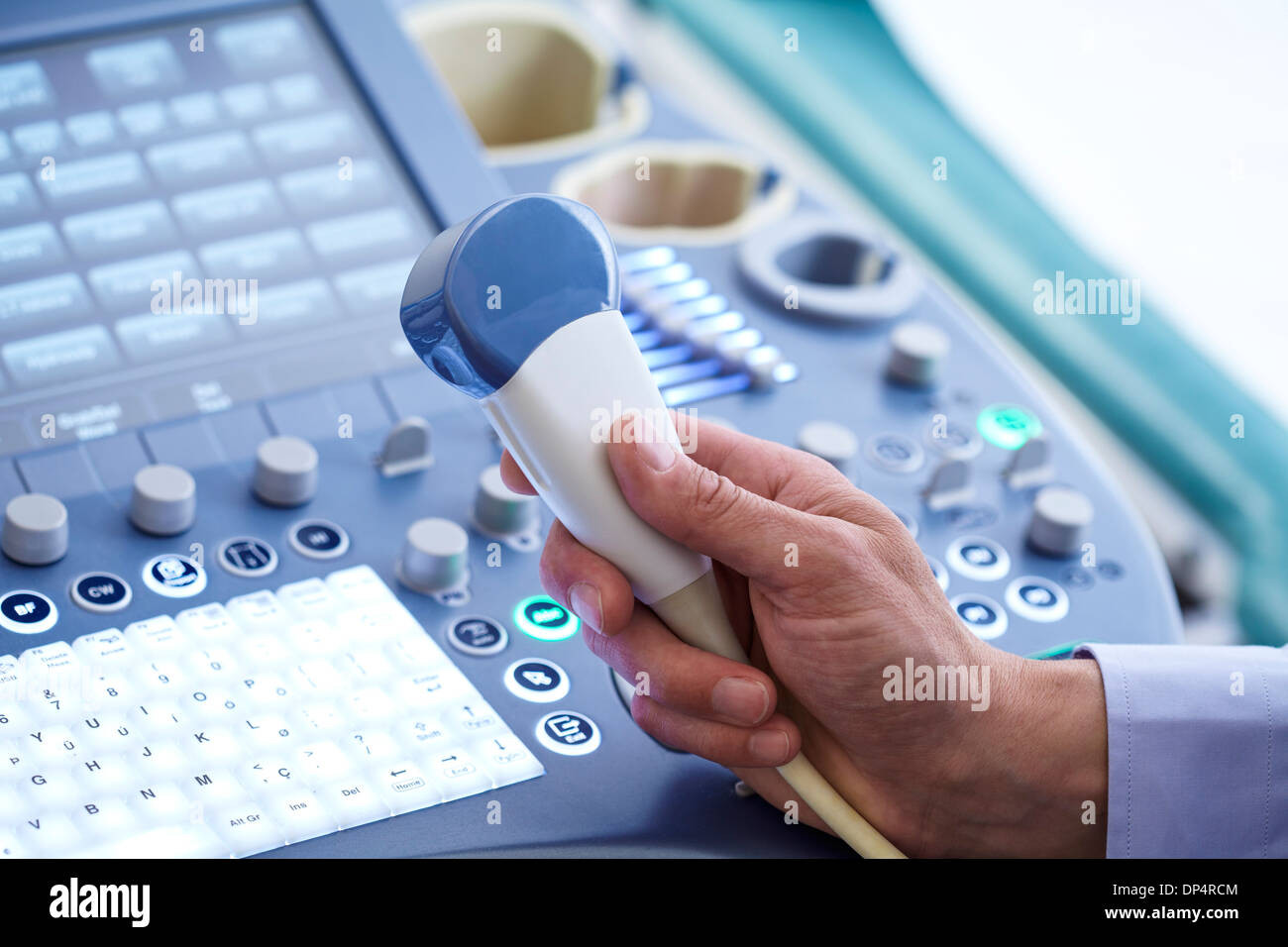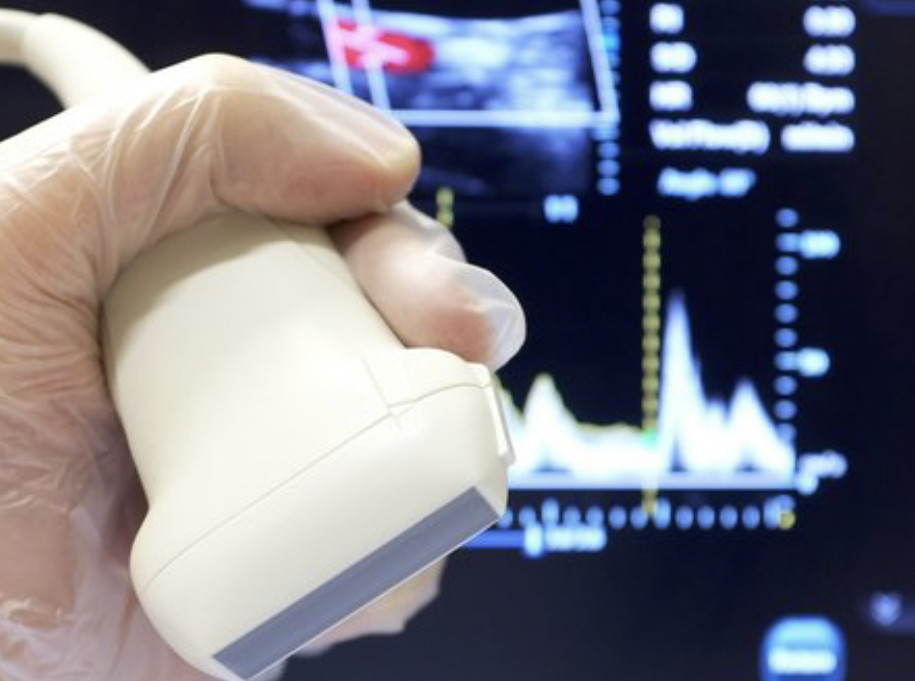Lesson of the day:
denucleate (third-person singular simple present denucleates, present participle denucleating, simple past and past participle denucleated)
To remove the nucleus
defuse (third-person singular simple present defuses, present participle defusing, simple past and past participle defused)
(transitive) To remove the fuse from (a bomb, etc.).
(transitive, figuratively) To make less dangerous, tense, or hostile.
to defuse a hostage situation
(computing, Internet) Any computer attached to a network.
(ecology) A cell or organism which harbors another organism or biological entity, usually a parasite.
Viruses depend on the host that they infect in order to be able to reproduce.
(evolution, genetics) An organism bearing certain genetic material.
The so-called junk DNA is known, so far, to provide no apparent benefit to its host.
(plural mediums, spiritualism) Someone who supposedly conveys information from the spirit world.
From Middle English gost, gast, from Old English gāst (“breath, soul, spirit, ghost, being”), from Proto-West Germanic *gaist, from Proto-Germanic *gaistaz (“ghost, spirit”), from Proto-Indo-European *ǵʰéysd-os, from *ǵʰéysd- (“anger, agitation”). Cognate with Scots ghaist (“ghost”), Saterland Frisian Gäist (“spirit”), West Frisian geast (“spirit”), Dutch geest (“spirit, mind, ghost”), German Geist (“spirit, mind, intellect”), Swedish gast (“ghost”), Sanskrit हेड (héḍa, “anger, hatred”), Persian زشت (zešt, “ugly, hateful, disgusting”).
ghost (countable and uncountable, plural ghosts)
(uncommon or dated) The spirit; the soul of man.
The disembodied soul; the soul or spirit of a deceased person; a spirit appearing after death
Everyone believed that the ghost of an old lady haunted the crypt.
(soul): essence, soul, spirit
(spirit appearing after death): apparition, bogey, haint, phantom, revenant, specter/spectre, spook, wraith.
(faint shadowy semblance): glimmer, glimmering, glimpse, hint, inkling, phantom, spark, suggestion.
(false image in an optical device):
(false image on a television screen): echo
(ghostwriter): ghostwriter
(unresponsive user):
a small flash of light produced by a sudden disruptive electrical discharge through the air.
"there was a spark of light"
spark1
/spɑːk/
verb
gerund or present participle: sparking
1.
emit sparks of fire or electricity.
"the ignition sparks as soon as the gas is turned on"
produce sparks at the point where an electric circuit is interrupted.
2.
ignite.
"the explosion sparked a fire"
provide the stimulus for (an event or process).
"the trial sparked a furious row"
give rise to
cause
lead to
set in motion
occasion
bring about
bring on
begin
start
initiate
precipitate
prompt
trigger (off)
set off
touch off
provoke
incite
stimulate
stir up
From Middle English stiren, sturien, from Old English styrian (“to be in motion, move, agitate, stir, disturb, trouble”), from Proto-Germanic *sturiz (“turmoil, noise, confusion”), related to Proto-West Germanic *staurijan (“to destroy, disturb”). Cognate with Old Norse styrr (“turmoil, noise, confusion”), German stören (“to disturb”), Dutch storen (“to disturb”).
stir (third-person singular simple present stirs, present participle stirring, simple past and past participle stirred)
(transitive) To incite to action
Synonyms: arouse, instigate, prompt, excite; see also Thesaurus:incite
(transitive) To disturb the relative position of the particles of, a liquid of suchlike, by passing something through it
Synonym: agitate
She stirred the pudding with a spoon.
He stirred his coffee so the sugar wouldn't stay at the bottom.
(transitive) To agitate the content of (a container), by passing something through it.
Would you please stir this pot so that the chocolate doesn't burn?
(transitive) To bring into debate; to agitate; to moot.
(transitive, dated) To change the place of in any manner; to move.
(intransitive) To move; to change one’s position.
(intransitive) To be in motion; to be active or bustling; to exert or busy oneself.
(intransitive) To become the object of notice; to be on foot.
(intransitive, poetic) To rise, or be up and about, in the morning.
Synonyms: arise, get up, rouse; see also Thesaurus:wake
stir (countable and uncountable, plural stirs)
The act or result of stirring (moving around the particles of a liquid etc.)
Can you give the soup a little stir?
agitation; tumult; bustle; noise or various movements.
Public disturbance or commotion; tumultuous disorder; seditious uproar.
Agitation of thoughts; conflicting passions.
Sonication is the act of applying sound energy to agitate particles in a sample, for various purposes such as the extraction of multiple compounds from plants, microalgae and seaweeds. Ultrasonic frequencies are usually used, leading to the process also being known as ultrasonication or ultra-sonication.
Project MKUltra was the code name of an illegal human experimentation program designed and undertaken by the U.S. Central Intelligence Agency.
A noninvasive, low-intensity ultrasound method that targets nerve cells, or neurons, can alter brain function to influence decision-making.
New research shows how a brain area called the anterior cingulate cortex controls a type of reasoning known as counterfactual thinking.
brainwave
/ˈbreɪnweɪv/
noun
1.
an electrical impulse in the brain.
"there were systematic changes in brainwaves with sleep"
2.
INFORMAL
a sudden clever idea.
"then he had a brainwave"
move back and forth," Old English wafian "to wave, fluctuate" (related to wæfre "wavering, restless, unstable"), from Proto-Germanic *wab- (source also of Old Norse vafra "to hover about," Middle High German. ... Related: Wobbled; wobbling. The noun is attested from 1690s.
whoa
/wəʊ/
exclamation: whoa; exclamation: woah
1.
used to express surprise, interest, or alarm, or to command attention.
"whoa, that's huge!"
wobbling (plural wobblings)
The motion of something that wobbles.
bles f (plural blessen, diminutive blesje n)
blaze (light-coloured spot on a horse's face)
Noun
bles
(anatomy) belly; abdomen
Verb
bles
past tense of blåse
lase
/leɪz/
Origin
1960s: back-formation from laser, interpreted as an agent noun.
enucleation (n.)
from its cover or capsule," 1640s, noun of action from verb enucleate (1540s), from Latin enucleatus "pure, clean," past participle of enucleare "to lay open, explain in detail," literally "to remove the kernel from" (see ex- + nucleus).
enucleate (third-person singular simple present enucleates, present participle enucleating, simple past and past participle enucleated)
(transitive, biology) To remove the nucleus from (a cell).
(transitive, medicine) To remove without cutting into it; especially, to remove or gouge out (an eyeball or tumor).
(archaic) To explain; to lay bare.
Derived terms
enucleation
lesson
/ˈlɛs(ə)n/
ARCHAIC
gerund or present participle: lessoning
instruct or teach (someone).
lesser
Alternative form of laissier
little
Lit all
The generation lasers are short pulse (from tens of nanoseconds to femtoseconds) and high peak power lasers. Common lasers used for ultrasound generation are solid state Q-Switched Nd:YAG and gas lasers (CO2 or Excimers). The physical principle is of thermal expansion (also called thermoelastic regime) or ablation. In the thermoelastic regime, the ultrasound is generated by the sudden thermal expansion due to the heating of a tiny surface of the material by the laser pulse. If the laser power is sufficient to heat the surface above the material boiling point, some material is evaporated (typically some nanometres) and ultrasound is generated by the recoil effect of the expanding material evaporated. In the ablation regime, a plasma is often formed above the material surface and its expansion can make a substantial contribution to the ultrasonic generation. consequently the emissivity patterns and modal content are different for the two different mechanisms.
The frequency content of the generated ultrasound is partially determined by the frequency content of the laser pulses with shorter pulses giving higher frequencies. For very high frequency generation (up to 100sGHz) femtosecond lasers are used often in a pump-probe configuration with the detection system (see picosecond ultrasonics).
Picosecond ultrasonics is a type of ultrasonics that uses ultra-high frequency ultrasound generated by ultrashort light pulses. It is a non-destructive technique in which picosecond acoustic pulses penetrate into thin films or nanostructures to reveal internal features such as film thickness as well as cracks, delaminations and voids. It can also be used to probe liquids. The technique is also referred to as picosecond laser ultrasonics or laser picosecond acoustics.
pick (one's) moment
To thoughtfully and prudently decide the best moment to act.
The absorption of an incident optical pump pulse sets up a local thermal stress near the surface of the sample. This stress launches an elastic strain pulse that propagates into the sample. The exact depth for the stress generation depends, in particular, on the material involved and the optical pump wavelength. In metals and semiconductors, for example, ultrashort-timescale thermal and carrier diffusion tends to increase the depth that is initially heated within the first ~1 ps.
Acoustic pulses are generated with a temporal duration approximately equal to the acoustic transit time across this initially heated depth, in general greater than the optical absorption depth. For example, the optical absorption depths in Al and GaAs are ~10 nm for blue light, but the electron diffusion depths are ~50 and 100 nm, respectively. The diffusion depth determines the spatial extent of the strain pulse in the through-thickness direction.
The main generation mechanism for metals is thermal expansion, whereas for semiconductors it is often the deformation potential mechanism. In piezoelectric materials the inverse piezoelectric effect, arising from the production of internal electric fields induced by charge separation, may dominate.
Photoinduced charge separation is the process of an electron in an atom or molecule, being excited to a higher energy level by the absorption of a photon and then leaving the atom or molecule to a nearby electron acceptor.
unacceptable
/ʌnəkˈsɛptəb(ə)l/
adjective
not satisfactory or allowable.
"unacceptable behaviour"
intolerable
insufferable
unsatisfactory
impermissible
inadmissible
inappropriate
unsuitable
undesirable
unreasonable
objectionable
insupportable
offensive
obnoxious
disagreeable
disgraceful
deplorable
terrible
distasteful
displeasing
improper
unseemly
beyond the pale
bad
poor
not on
a bit much
out of order
out
not quite the done thing
too much
a bit thick
a bit off
off
not cricket
over the fence
exceptionable
condemnable
condemnation
/ˌkɒndəmˈneɪʃn/
noun
1.
the expression of very strong disapproval; censure.
"there was strong international condemnation of the attack"
censure
criticism
castigation
stricture
denunciation
damnation
vilification
opprobrium
reproof
disapproval
disapprobation
flak
a bad press
reprobation
arraignment
excoriation
objurgation
the action of condemning someone to a punishment; sentencing.
TO SENTENCING
sensible
/ˈsɛnsɪb(ə)l/
adjective
1.
done or chosen in accordance with wisdom or prudence; likely to be of benefit.
practical
realistic
responsible
full of common sense
reasonable
rational
logical
sound
circumspect
balanced
sober
no-nonsense
pragmatic
level-headed
serious-minded
thoughtful
commonsensical
down-to-earth
wise
prudent
mature
judicious
sagacious
sharp
shrewd
far-sighted
intelligent
clever
late Middle English (also in the sense ‘perceptible by the senses’): from Old French, or from Latin sensibilis, from sensus (see sense).
God bless.
It is also possible to generate strain pulses whose shape does not vary on propagation. These so-called acoustic solitons have been demonstrated at low temperatures over propagation distances of a few millimeters. They result from a delicate balance between acoustic dispersion and nonlinear effects.
Strain pulses returning to the surface from buried interfaces or other sub-surface acoustically inhomogeneous regions are detected as a series of echoes. For example, strain pulses propagating back and forth through a thin film produce a decaying series of echoes, from which one may derive, in particular, the film thickness, the ultrasonic attenuation or the ultrasonic dispersion.
Love can build a bridge. Looking for individuals to help with construction. Contact your local We are ready centers to join.
Ok the finger blister is on you mister.
In my element.

